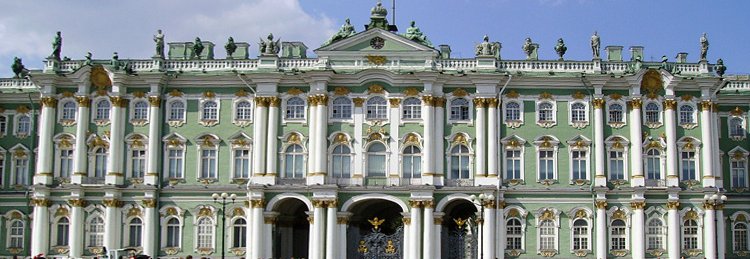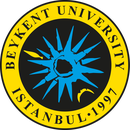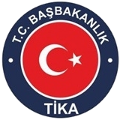
International Conference on Eurasian Economies
17-18 September 2013 – St. Petersburg, RUSSIA
Paper detail
Paper ID : 756
Status : Paper published
Language : Turkish
Topic : International Trade and Globalization
Presenter:
Session : 1D Uluslararası Sorunlar
The New Geopolitical Environment of Turkey
Türkiye’nin Yeni Jeopolitiğinin Çevresi
- Assoc. Prof. Dr. Hakkı Çiftçi (Çukurova University, Türkiye)
- Asst. Prof. Dr. Murat Koç (Çağ University, Türkiye)
Abstract
The World Political Atlas has been reorganized, the direction of this reorganization is determined by shared sovereignty reflexes, and is applied through strategic decisions. Metropolitan and hinterland borders form the backbone of the newly formed world political atlas Various western- (or the US) origin approaches such as “Neo Liberal Colonialism” , The Clashes of Civilizations”, “The End of History”, and Eurasian Sovereignty”, introduced as the application components of the framework of sovereignty, attract particular attention as the primary sources of the newly formed political atlas . Within the embracing scope of the concept of globalization, “The new World Order” formed through a new political atmosphere with such concepts and claims as “postmodernism”, neo-liberalism”, “the end of history”, and “the cashes of civilizations” can neither maintain its validity nor is wholly embracing in its attempt to perceive the political future of the world . Instead of establishing a comprehensive reconciliatory platform, all of these concepts and claims reflect enormous controversy due to their characteristics leading to constant arguments and, therefore, result in new conflicts, new political actors, new relations of power, and new searches for sovereignty. New “geopolitical gaps” constitute the focus of sovereignty and power relations of the new process.
JEL codes: B00
Çiftçi, Hakkı, Koç, Murat (2013). "The New Geopolitical Environment of Turkey" in Proceedings of International Conference of Eurasian Economies 2013, pp.854-861, St. Petersburg, RUSSIA.
DOI: https://doi.org/10.36880/C04.00756
Session 1D: Uluslararası Sorunlar


